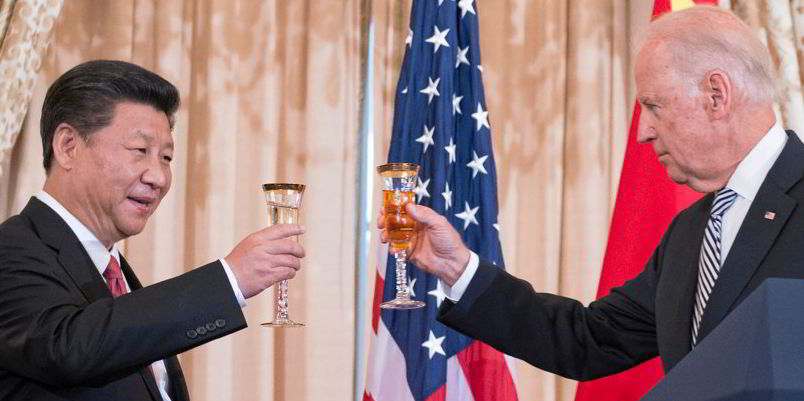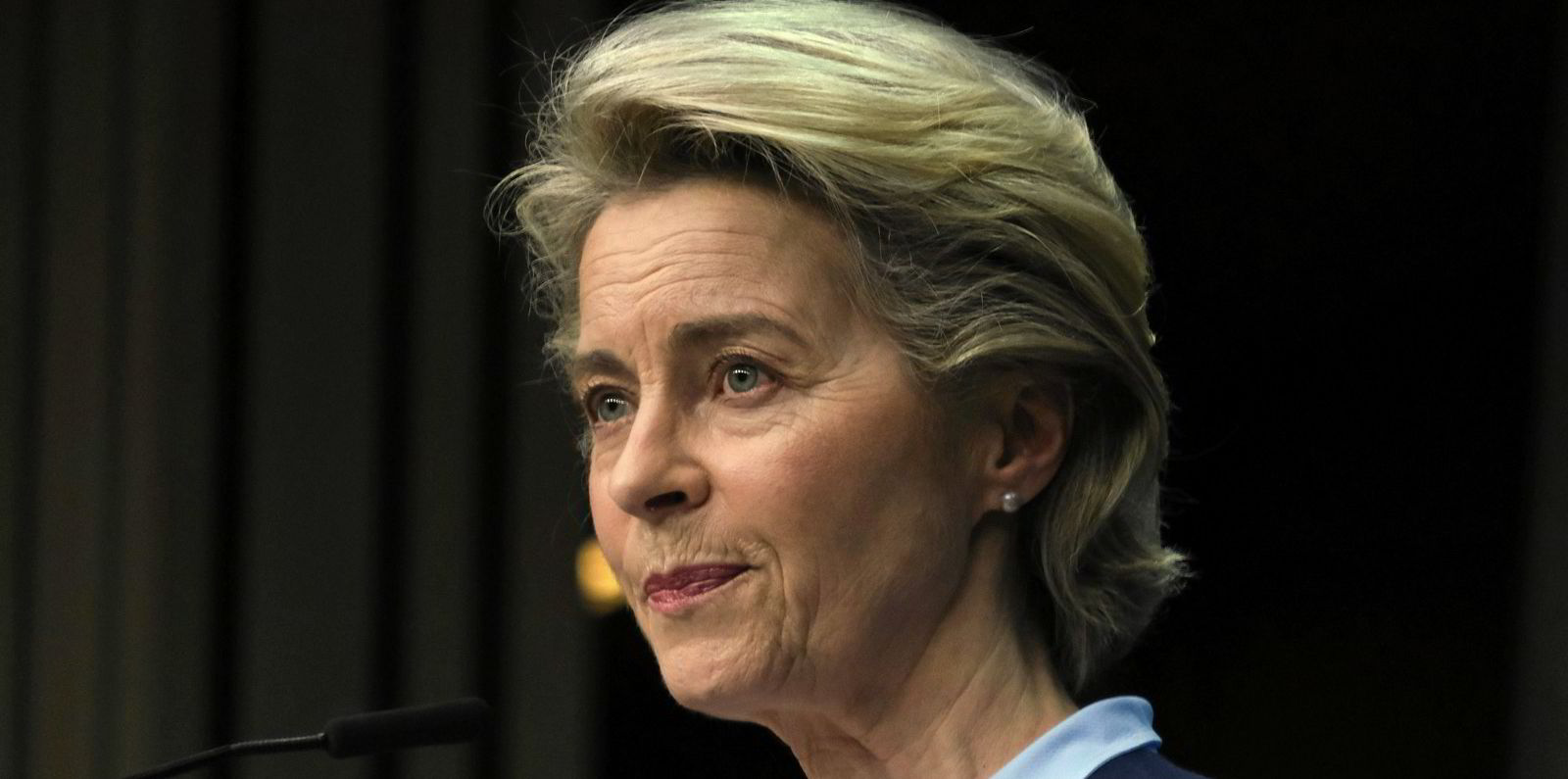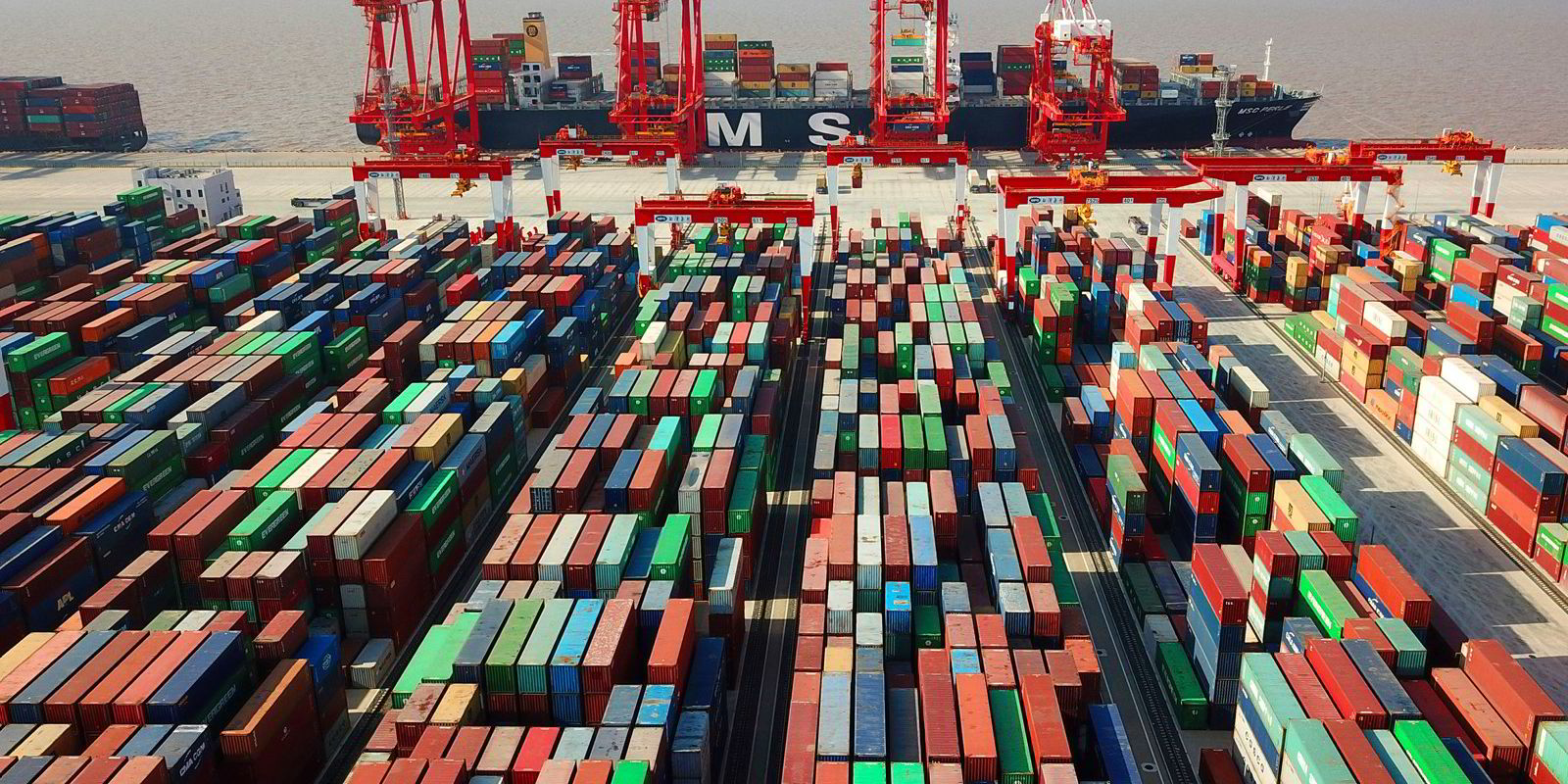Covid-19 continued to hog the headlines in the first quarter of 2021, shielding significant changes in the wider environment that could influence shipping.
The roll-out of vaccines has brought forward plans for ending lockdowns and new optimism surrounding the global economy.
But there have also been important geopolitical developments, notably with the arrival of Joe Biden in the White House.
Tension between the US and China has increased, not decreased as many expected.
Biden said in a televised interview with CBS last month that President Xi Jingping did not have a “democratic bone in his body”.
The growing concern about Beijing’s expansionist policies in the South China Sea is creating or cementing trade wars from Australia to North America.
The sound of supercycle talk
At the same time, Donald Trump’s cordial relationship with Vladimir Putin has turned into a spiky stand-off.
Wavelength has already warned of upcoming sanctions on the Nord Stream 2 gas pipeline from Russia to Germany.
Meanwhile, Brexit has brought new layers of tension between the UK and the European Union, creating a bigger-than-expected slump in trade and shipping.
Yet despite these new geopolitical themes, the dominant influence globally remains the pandemic and a gradual easing of lockdowns in many countries.
This drove the price of oil in mid-March towards $70 per barrel and triggered talk of $100 levels due to pending shortages.
Optimism was enhanced by increasing talk of a new commodity “supercycle” due to growing demand and limited supplies.

Wall Street stocks have been firing on all cylinders. Investors injected a record $68bn into equity funds during the week to 17 March and almost $170bn for the month as a whole. Shipping stocks have surged upwards, following the S&P 500 index of leading shares, which hit record levels last week.
The gold rush spirit was helped by the US government beginning to hand out Biden’s $1.9trn stimulus package. Confidence was also driven by the Federal Reserve saying it wanted to hold interest rates at historically low levels for the next three years.
As Karen Ward, chief European strategist at JP Morgan Asset Management, so aptly told the Financial Times: “When the US has a party, the rest of the world gets an invitation.”
But there have been blips. The price of Brent blend crude tumbled last week and is now back at $62 per barrel. The International Energy Agency played down the supercycle theory and noted that oil inventory levels remain high.
The mood was made gloomier by the roll-out of the leading AstraZeneca vaccine being halted in the EU amid concerns about blood clots in some patients, and a feeling that stock and commodity market sentiment had got ahead of itself.
For all this, the general mood around prospects for global economic growth remains upbeat.
China is making up for lost time. Infrastructure spending rose 36% last month, the real-estate market grew 38% and manufacturing was up 37% as Covid-19 restrictions were lifted.
The gold rush spirit was helped by the US government starting to hand out Biden’s $1.9trn stimulus package
Credit agency Fitch Ratings has upgraded its expected world GDP growth to 6.1% for this year compared with 5.3% in December. The OECD and a range of other organisations have also significantly increased their forecasts for 2021.
GDP slumped 3.5% last year, while the International Monetary Fund recorded trade growth — including goods and services — down by almost 10%.
The China boom has put new life into bulk shipping. While tankers are in the doldrums after a strong 2020, container volumes are still flying.
Alphaliner noted the interesting difference following the 2008 financial crash, when global trade growth dropped a mere 0.1%, yet container traffic crashed by more than 8%. In 2020, box movements were hardly affected — down by 1.4%.
The container shipping sector was bolstered by consumers switching spending from services to products, as well as high public spending. Vessel operators helped build profits through low orderbooks and by taking capacity out rather than engaging in price wars.
Shipowners must note the changing beat of the external environment, but they can clearly make their own music too.






